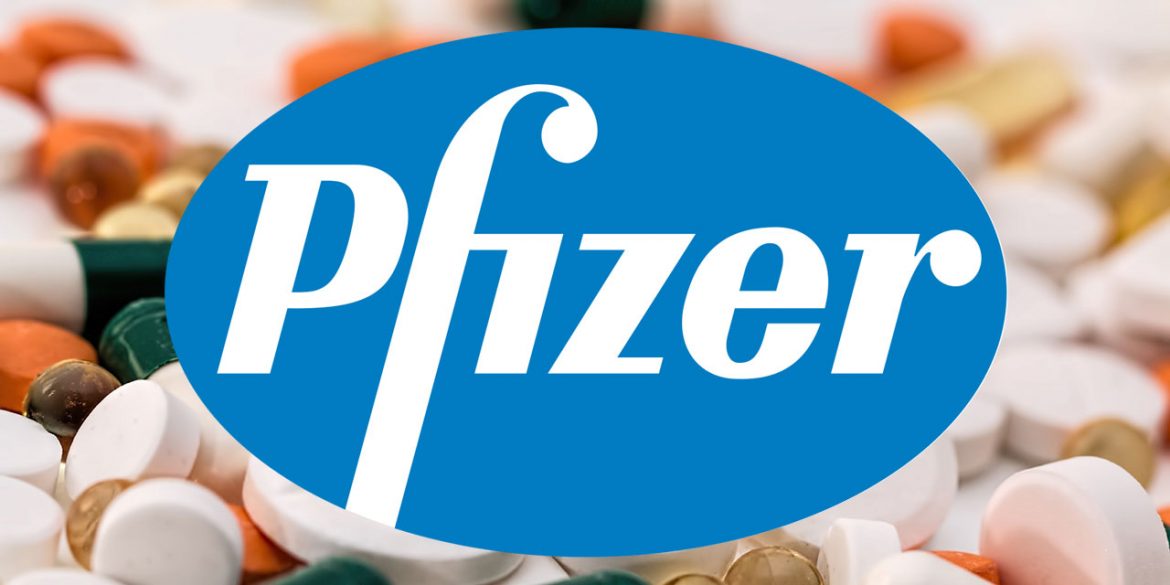The US government finally takes a great step toward the fight against the ongoing coronavirus pandemic.
The federal government has agreed to pay $1.95 billion for 100 million doses of a coronavirus vaccine developed by Pfizer and BioNTech.
The companies will get paid when the government receives the doses after the approval from the Food and Drug Administration (FDA), according to a statement Wednesday. In total, the government will acquire up to 600 million doses of the vaccine.
Meanwhile, Pfizer shares have increased to more than 5% in pre-market trading and BioNTech climbed to about 5%.
Countries have started ordering vaccines that are still undergoing clinical trials in an effort to curb the ongoing pandemic that has affected economies and killed more than 630,000 people so far, with the US officials reporting more than 146,000 deaths.
The US government has already ordered experimental vaccines, including one that is developed by the University of Oxford and AstraZeneca.
The government’s deal with Pfizer-BioNTech for the first 100 million doses suggests a price of about $20 per dose, according to a Bloomberg Intelligence analyst Sam Fazeli.
“If this vaccine prevents disease after one use, we calculate a windfall of more than $15 billion revenue for Pfizer,” Fazeli said in a note. “We believe this sets the top price for a vaccine, with lower prices elsewhere. Need for repeated use would be the game-changer.”
Earlier this week, Wall Street analyst Tazeen Ahmad estimated that BioNTech’s vaccine program is worth more than $11 billion, which is based on an estimated $36 net price per dose in the US. The vaccine may cost $30 per dose in the European Union and $12 per dose in the rest of the world.
In June, Pfizer CEO Albert Bourla said pricing a COVID-19 vaccine is far different from other products because of the potential demand and value.
He said, “If we try to calculate the value of the vaccine for the pricing like any other vaccine, through common market principles, it would be unethical.”
Meanwhile, the US-Pfizer-BioNTech deal has raised concerns about the supply shortages in other countries, especially low-income nations. Other high-income nations, such as the UK and those in Europe, have also secured deals.
In May, the US made a $1.2 billion deal with AstraZeneca to help make Oxford’s COVID-19 vaccine. The government has backed projects at Johnson & Johnson, Moderna Inc., and other drug companies.
The government said the Pfizer-BioNTech vaccine would be available to the Americans for free. Alex Azar, who serves as the US Secretary of Health and Human Services, said in a statement, “Expanding Operation Warp Speed’s diverse portfolio by adding a vaccine from Pfizer and BioNTech increases the odds that we will have a safe, effective vaccine as soon as the end of this year.”























